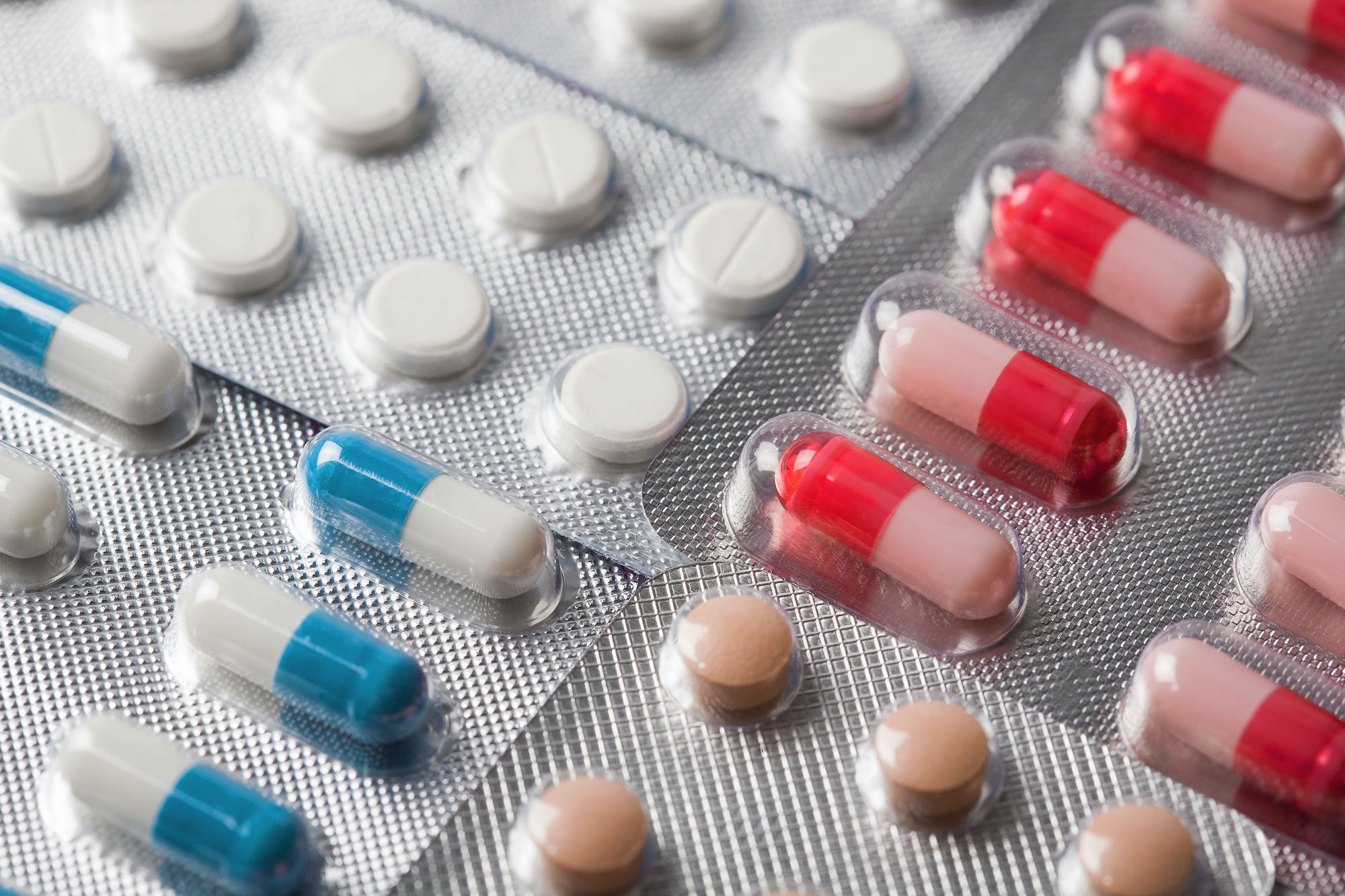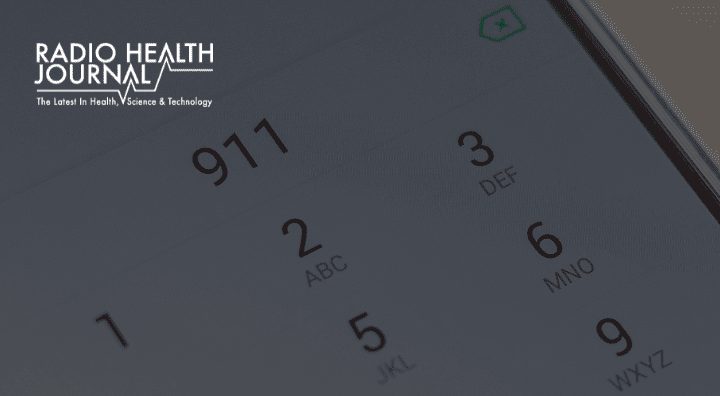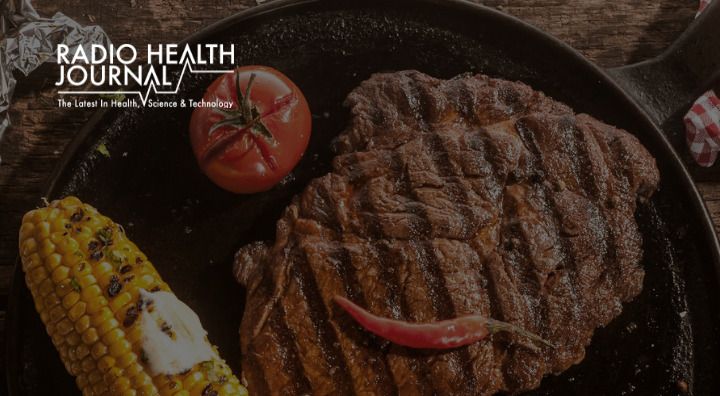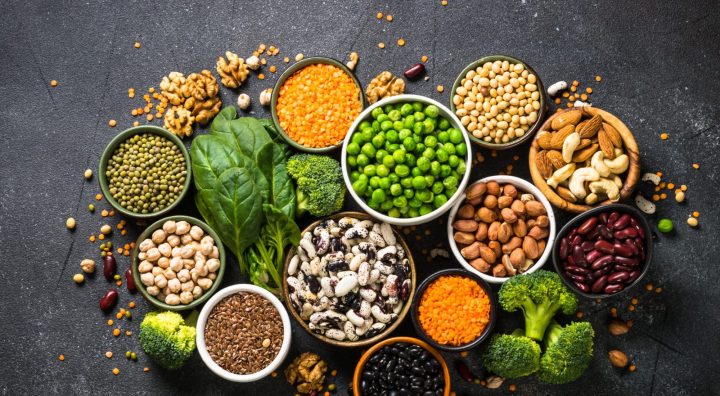Young adolescents often are allowed to take over the counter drugs on their own, but many OTC medicines, especially acetaminophen, can be dangerous. Experts discuss how to educate tweens on taking OTC drugs safely.
Guest Information:
- Dr. Tanya Altmann, Assistant Clinical Professor of Pediatrics, Mattel Children’s Hospital, UCLA and spokesperson, American Academy of Pediatrics
- Dr. Janet Engle, Executive Associate Dean, Professor and head of Department of Pharmacy Practice, University of Illinois at Chicago College of Pharmacy
- Sharon Mielke, mother of victim of OTC drug death
Links for more info:
16-13 OTC Drugs & Kids
Nancy Benson: Picture this scenario. A young adolescent girl has a cold and her period at the same time. In other words, she’s miserable. She wants relief fast and has her parents’ permission to access over-the-counter medications in the medicine cabinet. So she takes the recommended dose of a cold remedy to treat her sore throat, congested runny nose, and cough. Then she takes a different over-the-counter medication specifically for menstrual cramps and bloating. She figures “no problem” since each medicine targets different symptoms and she’s taking the recommended dose. She should be safe, right? Wrong! If our tween continues dosing both medications as directed for the next 24 hours, she could be at serious risk for irreversible liver damage.
Dr. Tanya Altmann: There are too many ER visits in this age group. Over 58,000 emergency room visits last year were caused by adolescents self-administering medications and this is over 1/3 of all emergency room visits for medication overdose that are from those over-the-counter medications. So it’s important to teach your tweens that just because they’re over-the-counter and you can buy them at the grocery store doesn’t necessarily mean that it’s always safe and you can take it whenever you want. So the most common errors that I see are that parents leave medications out and a tweet might think, “Oh, I have a headache, it says take two but my headache is really bad, I’m going to take more” or they mix medications with the same ingredients.
Benson: That’s Dr. Tanya Altmann, Assistant Clinical Professor of Pediatrics at Mattel Children’s Hospital at UCLA and Spokesperson for the American Academy of Pediatrics.
Altmann: By age 16, approximately 90% of adolescents report self-administering over-the-counter medications, which is a huge number. And we know that the majority of these adolescents begin to self-administer over-the-counter medications between age 11 and 12, so these are the tween years. And tweens really want to start taking charge of their own health and be part of the process and I see this everyday in my office. But they are still tweens, so one of the things I talk to parents about is that it’s really important for parents to talk to their tweens and this is a great opportunity for learning. Parents need to provide guidance on taking over-the-counter medications, how to properly do it just to make sure to avoid any accidental overdoses or trips to the emergency room that can be potentially dangerous.
Benson: Altmann has partnered with a number of organizations in an effort to get the word out about over-the-counter drug safety.
Altmann: Research shows that what tweens learn at this age, they carry with them for the rest of their lives and this is especially true with health. So if you’re talking to your kids about eating healthy, about taking over-the-counter medications, they’re going to remember that. So when it comes to taking medications, you want to teach them to always read and follow the directions on every label, on every bottle. Never take more than the maximum amount that’s written there. Learn what active ingredients are and never use more than one medication with the same active ingredients.
Benson: Acetaminophen is a good example. Experts say acetaminophen is the most common drug ingredient in the United States and is found in over 600 different over-the-counter and prescription medicines. The FDA recommends taking no more than 4,000 milligrams of acetaminophen in a 24 hour period.
Dr. Janet Engle: I think a lot of consumers don’t treat over-the-counter medications with the same respect that they treat prescription medicines. And what I mean by that is they think if one’s good, two might be better. They don’t that these are medications that are just as potent as prescription medicines. Many times, the over-the-counter medicines come over-the-counter in full prescription strength, so they have the same side effects, the same adverse effects, and they need to be taken as directed.
Benson: That’s Dr. Janet Engle, Executive Associate Dean, Professor and Head of the Department of Pharmacy Practice at the University of Illinois at Chicago College of Pharmacy.
Engle: Acetaminophen is a very safe drug when taken as directed, I think it’s really important for consumers to follow the directions and follow the dosing information. If you stay below the 4 grams per day, it is very unlikely you’re going to have any problems with your liver. In terms of how much more than you have to take, it depends on the patient; it depends on how long you’ve done it. We’ve seen liver failure when somebody takes a lot of Acetaminophen all at once, we’ve also seen it where somebody takes more than they should be over several days. So it’s a little bit hard to predict the exact amount that will cause problems but what we do know is that less than 4 grams is safe.
Benson: Let’s go back to our tween who’s having a miserable day. The cold medication she’s taken contains 325 milligrams of acetaminophen as well as an antihistamine. The menstrual medication she’s taken also contains acetaminophen… 500 milligrams of it, as well as an antihistamine. If our tween continues taking both medications for 24 hours, she’ll have gone over the danger line by 1,300 milligrams. By then, her liver may already be permanently damaged. Only then–when nothing can be done–does the patient experience nausea and vomiting. But sometimes, those symptoms may be mistaken for a worsening cold or the flu and prompt taking even more medication.
Sharon Mielke: He called me stating he had flu-like symptoms and felt really bad. Stomach hurt, he just couldn’t shake this feeling- confused, sweaty.
Benson: That’s Sharon Mielke. Back in December of 2010, her 23-year old son Matthew wasn’t feeling well. He’d been taking an over-the-counter cold medication containing acetaminophen for more than a week. He’d also been taking it too often. When Matthew didn’t return his mother’s phone calls, his uncle went to his apartment and found Matthew unconscious on the bathroom floor.
Mielke: He was comatose. At that point, we went to the hospital, he got transferred to Northwestern Memorial on the transplant floor waiting for a transplant and it took 40 hours, they found a match, and then he had a transplant, he really did. We got him for an extra year with us and then, the liver failed because it wasn’t compatible. It rejected.
Benson: Matthew died at age 24.
Altmann: Any medication can be potentially dangerous if too much is taken or if too any doses are taken too close together. These guidelines apply to all medications across the board. Medications are metabolized and eliminated in your body in different ways. So different medications can be toxic in a variety of different ways. But no matter what the medication is, if a teenager takes too much of it or takes it inappropriately, it can lead to serious consequences.
Engle: I would like to see more education done where we really work with consumers to understand that they have to read the label of their over-the-counter medications. They need to follow the directions. If they have questions, they need to work with their pharmacist. I would like to see patients educated more not to use multiple medications with the same ingredients and that includes checking the active ingredients, not only of their over-the-counter medicines but also their prescription medicines. That’s where the pharmacist can help determine whether or not there’s interactions or double dosing coming about. Acetaminophen is an extremely safe medicine. We use it in the youngest of children, we use it in older adults. If it’s used properly, it’s very effective for pain relief, for fever reducing, but it’s really a matter of education so we can get consumers to read the label and use the correct dose.
Benson: However, measurements and memory may undermine good intentions. If a medication is in liquid form, Altmann warns against using a kitchen spoon to administer it because it’s not an accurate measurement. She also suggests keeping a log as a reminder of when each dose is taken. With these caveats, Altmann says tweens are quite capable of understanding labels on medications, including directions, active ingredients and warnings.
You can find links to both the “Know Your Dose” website and the “over-the-counter literacy program for kids” by visiting our website at radiohealthjournal.org. Our writer/producer this week is Polly Hansen. Our production director is Sean Waldron.
I’m Nancy Benson.
Sign up to receive email updates
Enter your name and email address below and I’ll send you periodic updates about the podcast.











Leave a Reply